Home / home / Mamata Banerjee Labels Murshidabad Violence ‘Pre-Planned Riots’, Holds Centre Accountable for Border Security Lapses
Mamata Banerjee Labels Murshidabad Violence ‘Pre-Planned Riots’, Holds Centre Accountable for Border Security Lapses
By: My India Times
5 minutes read 119Updated At: 2025-04-17

Kolkata, April 16, 2025 — West Bengal Chief Minister Mamata Banerjee on Wednesday described the recent violence in Murshidabad as a “pre-planned communal riot” and placed the blame squarely on the Central government, particularly if foreign elements were found to have played a role. Speaking at a gathering of imams and muezzins in Kolkata, Banerjee condemned the violence and warned that communal polarization was being orchestrated with the intention of toppling her state government.
Addressing a large crowd from the Muslim community, Banerjee did not mince words when referring to reports that hinted at the involvement of individuals from Bangladesh in the recent unrest. “I saw a tweet yesterday quoting Home Ministry sources that Bangladesh is involved in this. If that is the case, the Central government is responsible since BSF guards the borders, not us. The state government doesn’t have the responsibility to guard the borders,” she asserted.
Banerjee’s remarks come amid heightened communal tensions in Murshidabad, a district located near the India-Bangladesh border, where recent clashes resulted in injuries, damaged property, and widespread fear among residents. Though the state administration is actively working to bring the situation under control, the political fallout of the incident is beginning to take center stage.
A Strong Rebuke to the Centre
The Chief Minister’s comments are a direct response to statements attributed to sources within the Union Home Ministry, suggesting that cross-border influences might be partly responsible for the violence. Banerjee argued that such a scenario points to a failure of national security measures, particularly those under the purview of the Border Security Force (BSF), which operates under the Central government’s jurisdiction.
“Don’t blame the state for what happens on the border. That’s entirely the Centre’s domain. If people are coming in from across the border and inciting violence, what is the BSF doing? The Centre must answer,” Banerjee demanded.
Her remarks also reflect growing tensions between the Trinamool Congress-led state government and the Bharatiya Janata Party (BJP)-led Centre, particularly ahead of the 2026 West Bengal Assembly elections, where communal issues are expected to be a focal point in political campaigning.
Warning Against Polarization and Provocation
Banerjee took the opportunity to caution members of the Muslim community against being drawn into acts of violence. She accused the BJP of deliberately provoking unrest to gain political mileage by creating an atmosphere of religious animosity.
“Don’t fall into their trap,” she said. “The BJP wants to provoke you, wants you to react emotionally so that they can accuse you of lawlessness and use that as a reason to remove this government.”
She also made a strong appeal to religious leaders present at the event, urging them to use their influence to maintain peace and communal harmony. “Imams and muezzins have a big role to play. Please guide people in your communities. No one should get enraged by what the BJP says. Their strategy is to divide us, but we must stay united,” she said.
Communal Harmony a Core Message
Throughout her speech, Banerjee emphasized the need for communal harmony and social stability. She reiterated that her government has always stood for inclusivity and would continue to protect all communities irrespective of religious background.
“I have always stood by you. My government has worked for the poor, the marginalized, and for all religions. We celebrate every festival together—whether it's Eid, Christmas, Durga Puja, or Diwali. That is Bengal's culture. We will not let anyone disturb it,” she stated.
Banerjee’s government has often promoted the idea of “unity in diversity,” especially in a state with a rich history of communal co-existence. However, the recent violence has raised concerns about possible disruptions to that social fabric, something she appeared determined to resist.
Political Context and Strategy
Political analysts suggest that Banerjee’s strong comments are not only aimed at the Centre but are also part of a broader electoral strategy. With the BJP gaining ground in several parts of the state in recent elections, maintaining the support of the Muslim community—who constitute a significant portion of the population in districts like Murshidabad—is crucial for the Trinamool Congress.
At the same time, by deflecting blame for border security failures onto the Centre, Banerjee is attempting to shield her government from criticism and direct public scrutiny elsewhere. Her appeal to religious leaders and ordinary citizens was designed to project herself as a guardian of peace and a victim of conspiracies by external forces.
Centre Yet to Respond Officially
As of now, there has been no official statement from the Union Home Ministry responding to Banerjee’s allegations. However, BJP leaders in West Bengal have dismissed her remarks as “political theatre” and accused her of trying to hide administrative failures.
“The state government failed to act in time. Now Mamata Banerjee is blaming others to cover up her own incompetence,” said a senior BJP leader from the state. “The law-and-order situation in Murshidabad is the Chief Minister’s responsibility. She cannot escape that.”
Situation in Murshidabad Remains Tense
Meanwhile, the situation on the ground in Murshidabad remains tense but under control. Additional police forces have been deployed, and senior officers are monitoring the district closely. Community leaders from both Hindu and Muslim communities are reportedly engaged in peace talks facilitated by the district administration.
Local reports suggest that the violence may have been triggered by inflammatory social media posts, followed by retaliatory acts and organized gatherings that quickly escalated into communal clashes. Investigations are ongoing, and several arrests have already been made in connection with the unrest.
A Broader Challenge for Bengal
The incident in Murshidabad highlights a broader challenge for West Bengal, where issues of religious identity, border management, and political rivalries frequently intersect. For Mamata Banerjee, this is not just a matter of law and order—it is a test of her government’s ability to maintain peace while navigating a highly polarized political climate.
As she concluded her address to the religious leaders in Kolkata, Banerjee left them with a firm message: “This is not just about Murshidabad. It’s about the soul of Bengal. We will not allow hatred to win.”
....Kolkata, April 16, 2025 — West Bengal Chief Minister Mamata Banerjee on Wednesday described the recent violence in Murshidabad as a “pre-planned communal riot” and placed the blame squarely on the Central government, particularly if foreign elements were found to have played a role. Speaking at a gathering of imams and muezzins in Kolkata, Banerjee condemned the violence and warned that communal polarization was being orchestrated with the intention of toppling her state government.
Addressing a large crowd from the Muslim community, Banerjee did not mince words when referring to reports that hinted at the involvement of individuals from Bangladesh in the recent unrest. “I saw a tweet yesterday quoting Home Ministry sources that Bangladesh is involved in this. If that is the case, the Central government is responsible since BSF guards the borders, not us. The state government doesn’t have the responsibility to guard the borders,” she asserted.
Banerjee’s remarks come amid heightened communal tensions in Murshidabad, a district located near the India-Bangladesh border, where recent clashes resulted in injuries, damaged property, and widespread fear among residents. Though the state administration is actively working to bring the situation under control, the political fallout of the incident is beginning to take center stage.
A Strong Rebuke to the Centre
The Chief Minister’s comments are a direct response to statements attributed to sources within the Union Home Ministry, suggesting that cross-border influences might be partly responsible for the violence. Banerjee argued that such a scenario points to a failure of national security measures, particularly those under the purview of the Border Security Force (BSF), which operates under the Central government’s jurisdiction.
“Don’t blame the state for what happens on the border. That’s entirely the Centre’s domain. If people are coming in from across the border and inciting violence, what is the BSF doing? The Centre must answer,” Banerjee demanded.
Her remarks also reflect growing tensions between the Trinamool Congress-led state government and the Bharatiya Janata Party (BJP)-led Centre, particularly ahead of the 2026 West Bengal Assembly elections, where communal issues are expected to be a focal point in political campaigning.
Warning Against Polarization and Provocation
Banerjee took the opportunity to caution members of the Muslim community against being drawn into acts of violence. She accused the BJP of deliberately provoking unrest to gain political mileage by creating an atmosphere of religious animosity.
“Don’t fall into their trap,” she said. “The BJP wants to provoke you, wants you to react emotionally so that they can accuse you of lawlessness and use that as a reason to remove this government.”
She also made a strong appeal to religious leaders present at the event, urging them to use their influence to maintain peace and communal harmony. “Imams and muezzins have a big role to play. Please guide people in your communities. No one should get enraged by what the BJP says. Their strategy is to divide us, but we must stay united,” she said.
Communal Harmony a Core Message
Throughout her speech, Banerjee emphasized the need for communal harmony and social stability. She reiterated that her government has always stood for inclusivity and would continue to protect all communities irrespective of religious background.
“I have always stood by you. My government has worked for the poor, the marginalized, and for all religions. We celebrate every festival together—whether it's Eid, Christmas, Durga Puja, or Diwali. That is Bengal's culture. We will not let anyone disturb it,” she stated.
Banerjee’s government has often promoted the idea of “unity in diversity,” especially in a state with a rich history of communal co-existence. However, the recent violence has raised concerns about possible disruptions to that social fabric, something she appeared determined to resist.
Political Context and Strategy
Political analysts suggest that Banerjee’s strong comments are not only aimed at the Centre but are also part of a broader electoral strategy. With the BJP gaining ground in several parts of the state in recent elections, maintaining the support of the Muslim community—who constitute a significant portion of the population in districts like Murshidabad—is crucial for the Trinamool Congress.
At the same time, by deflecting blame for border security failures onto the Centre, Banerjee is attempting to shield her government from criticism and direct public scrutiny elsewhere. Her appeal to religious leaders and ordinary citizens was designed to project herself as a guardian of peace and a victim of conspiracies by external forces.
Centre Yet to Respond Officially
As of now, there has been no official statement from the Union Home Ministry responding to Banerjee’s allegations. However, BJP leaders in West Bengal have dismissed her remarks as “political theatre” and accused her of trying to hide administrative failures.
“The state government failed to act in time. Now Mamata Banerjee is blaming others to cover up her own incompetence,” said a senior BJP leader from the state. “The law-and-order situation in Murshidabad is the Chief Minister’s responsibility. She cannot escape that.”
Situation in Murshidabad Remains Tense
Meanwhile, the situation on the ground in Murshidabad remains tense but under control. Additional police forces have been deployed, and senior officers are monitoring the district closely. Community leaders from both Hindu and Muslim communities are reportedly engaged in peace talks facilitated by the district administration.
Local reports suggest that the violence may have been triggered by inflammatory social media posts, followed by retaliatory acts and organized gatherings that quickly escalated into communal clashes. Investigations are ongoing, and several arrests have already been made in connection with the unrest.
A Broader Challenge for Bengal
The incident in Murshidabad highlights a broader challenge for West Bengal, where issues of religious identity, border management, and political rivalries frequently intersect. For Mamata Banerjee, this is not just a matter of law and order—it is a test of her government’s ability to maintain peace while navigating a highly polarized political climate.
As she concluded her address to the religious leaders in Kolkata, Banerjee left them with a firm message: “This is not just about Murshidabad. It’s about the soul of Bengal. We will not allow hatred to win.”
By: My India Times
Updated At: 2025-04-17
Tags: home News | My India Times News | Trending News | Travel News
Join our WhatsApp Channel

Similiar News
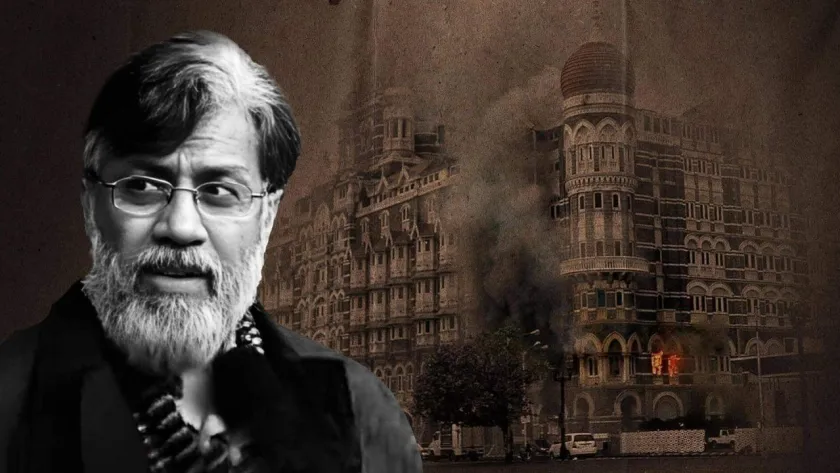
US Supreme Court Rejects 26/11 Accused Tahawwur Rana’s Plea to Block Extradition to India
2025-03-08
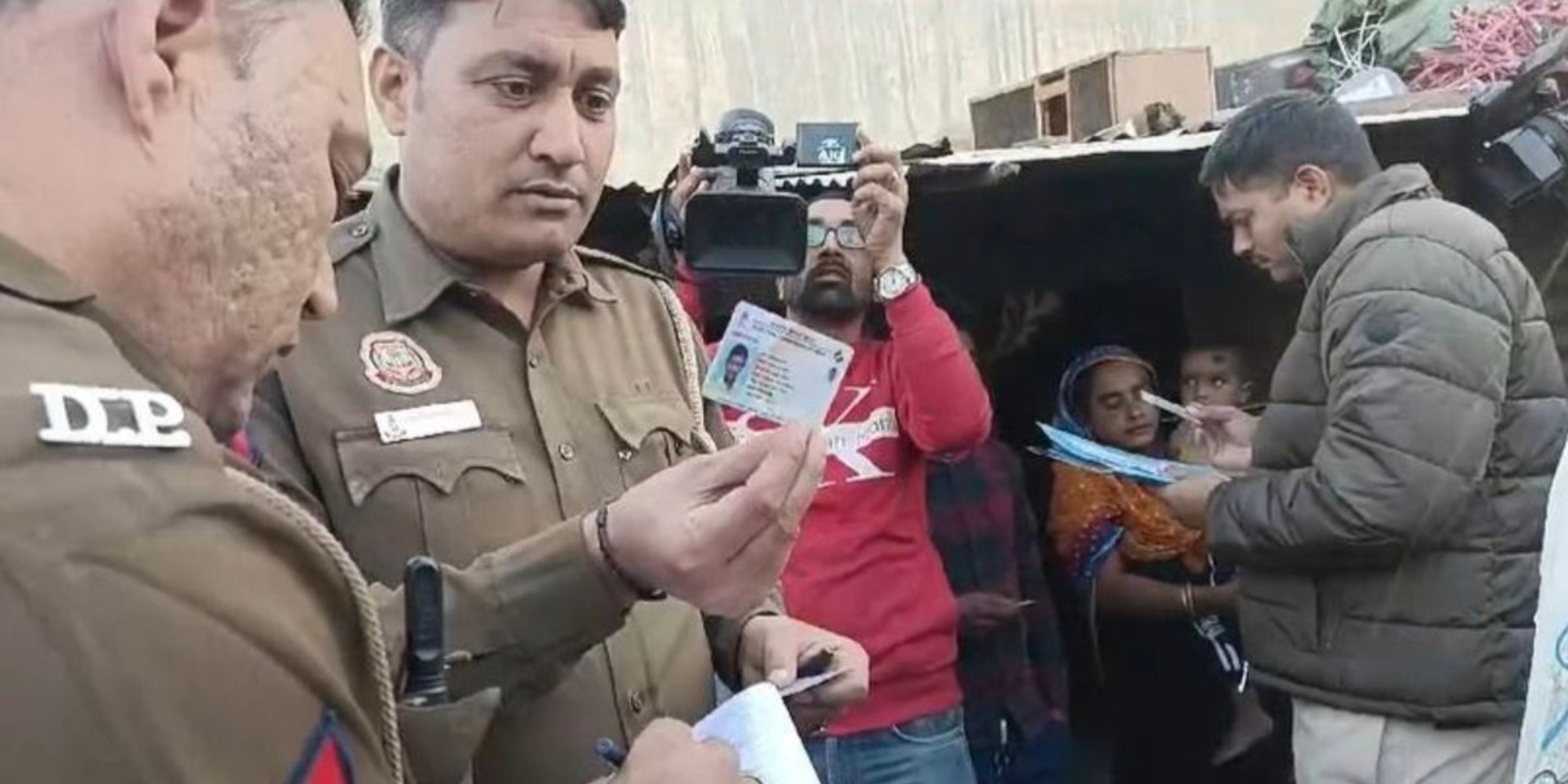


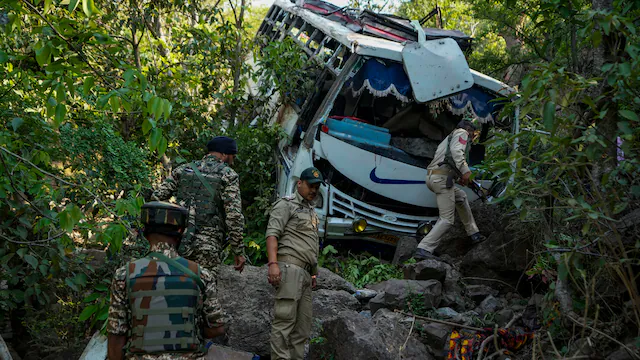
















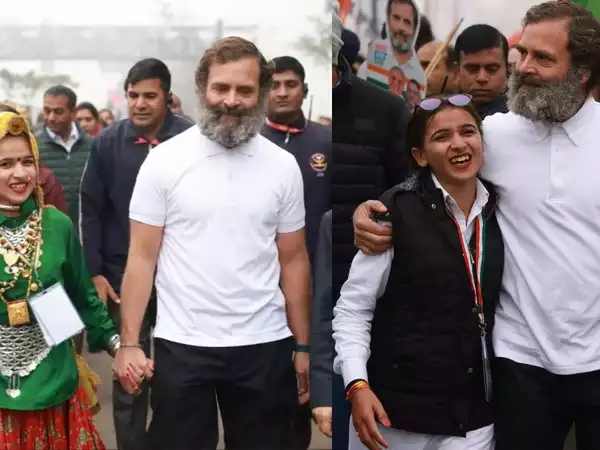

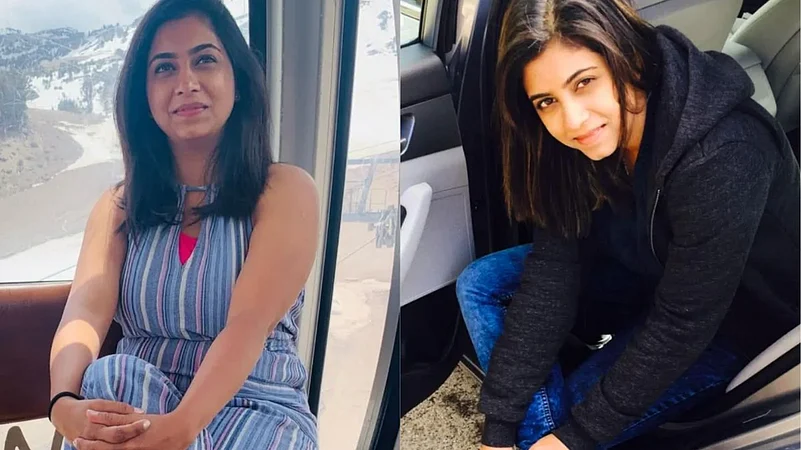
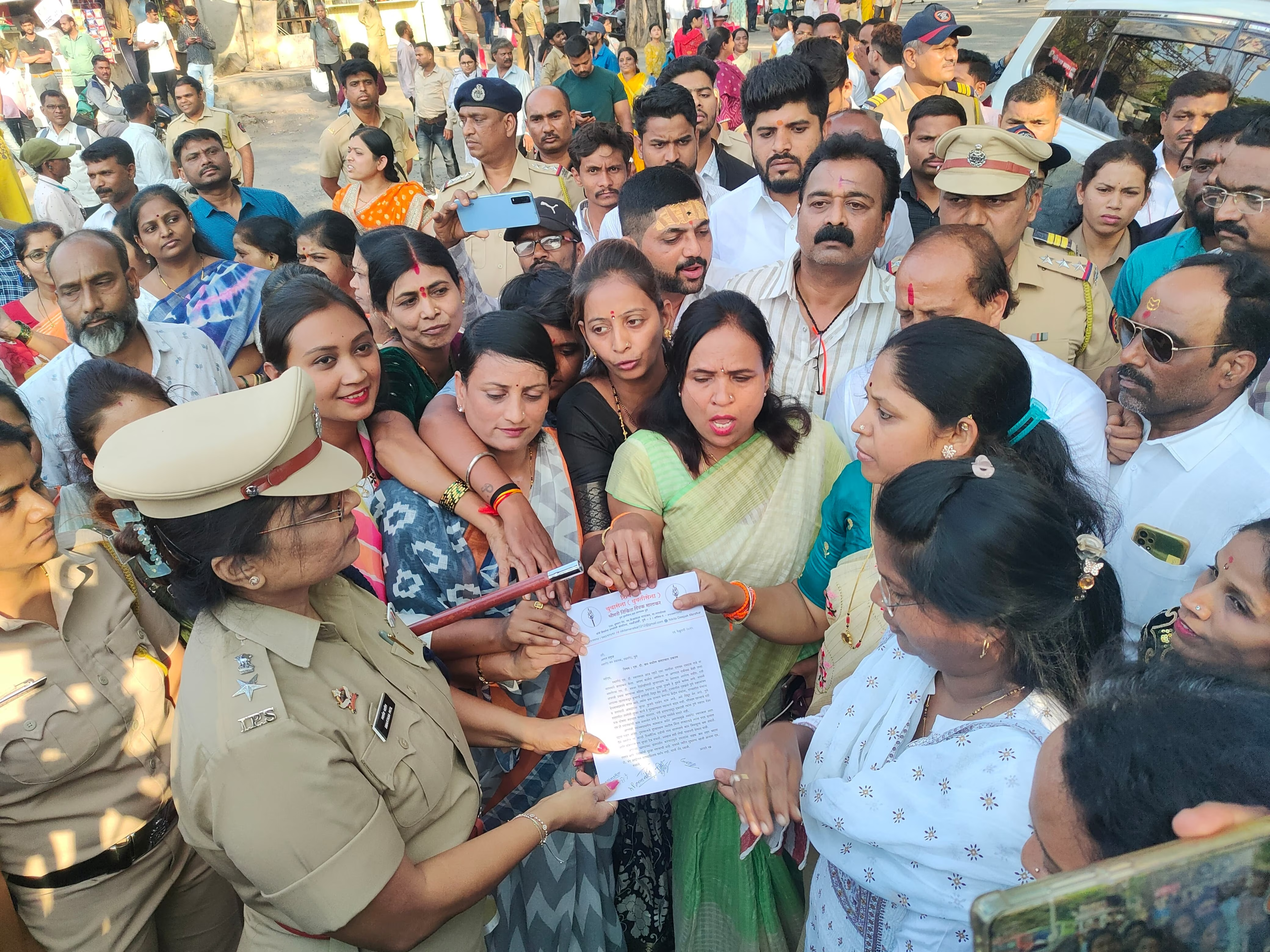

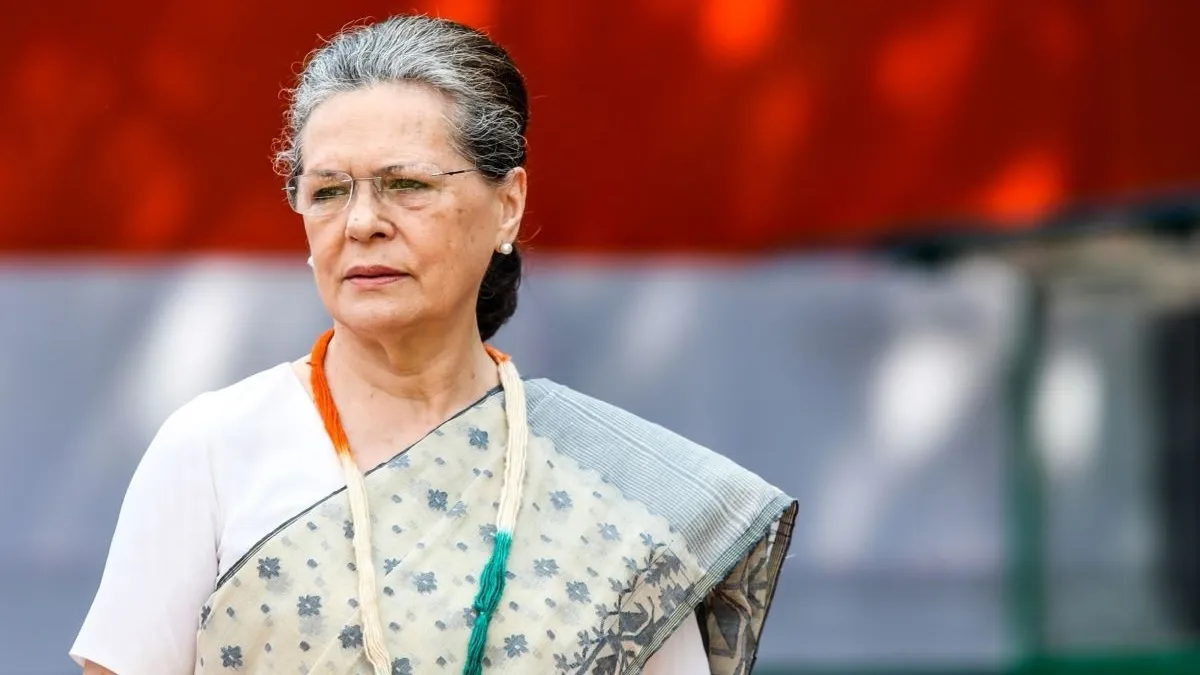
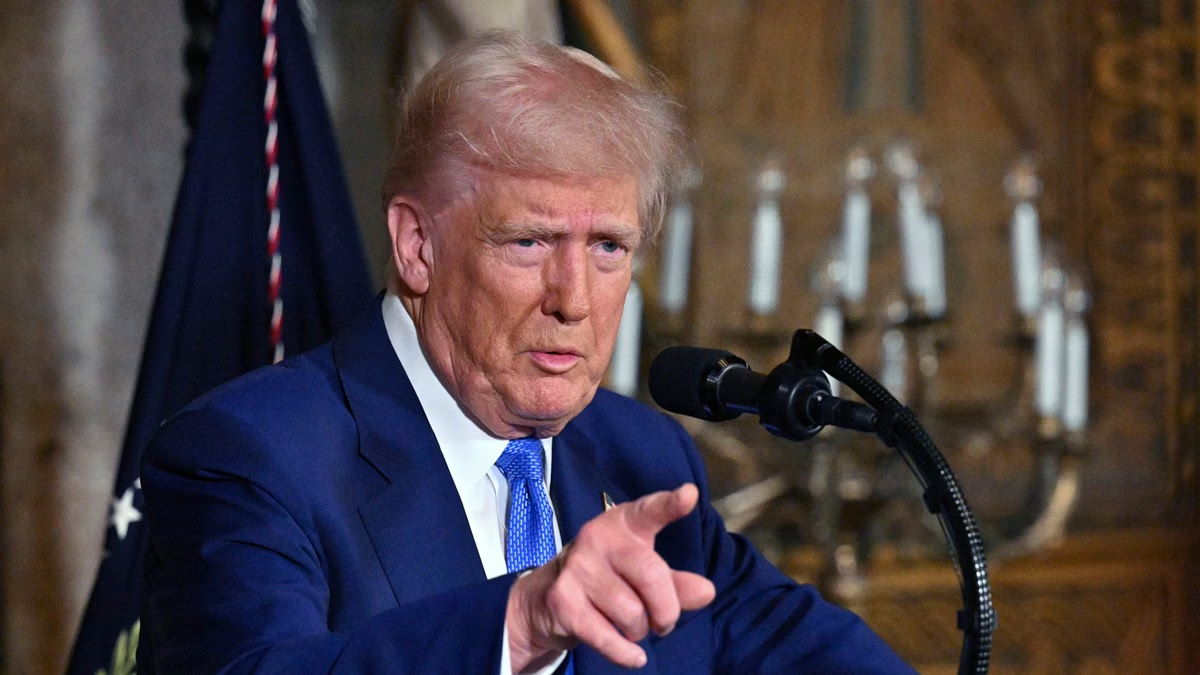
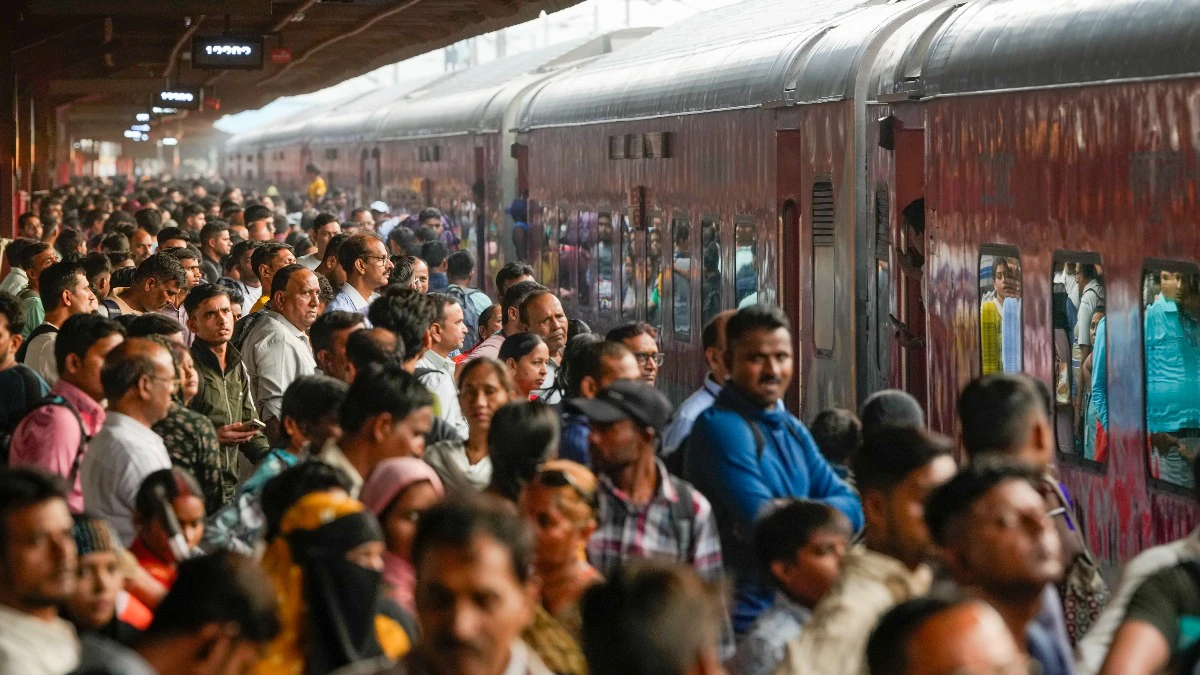
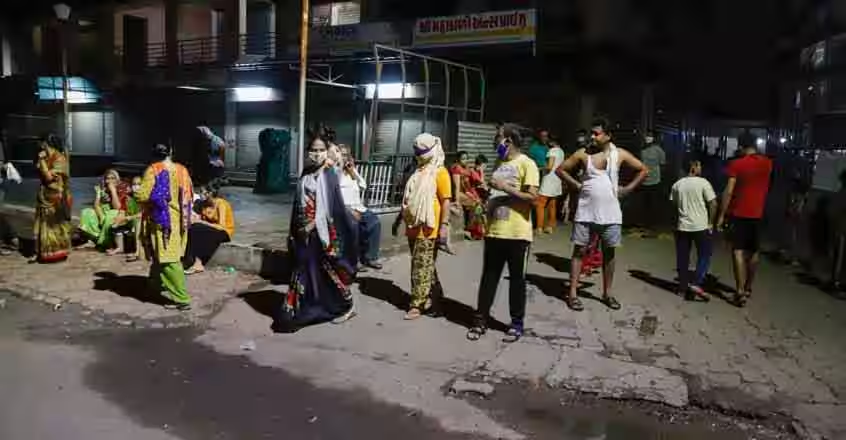








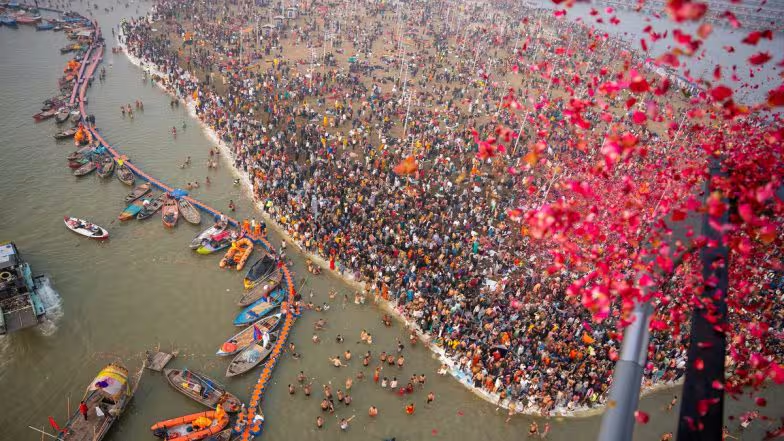


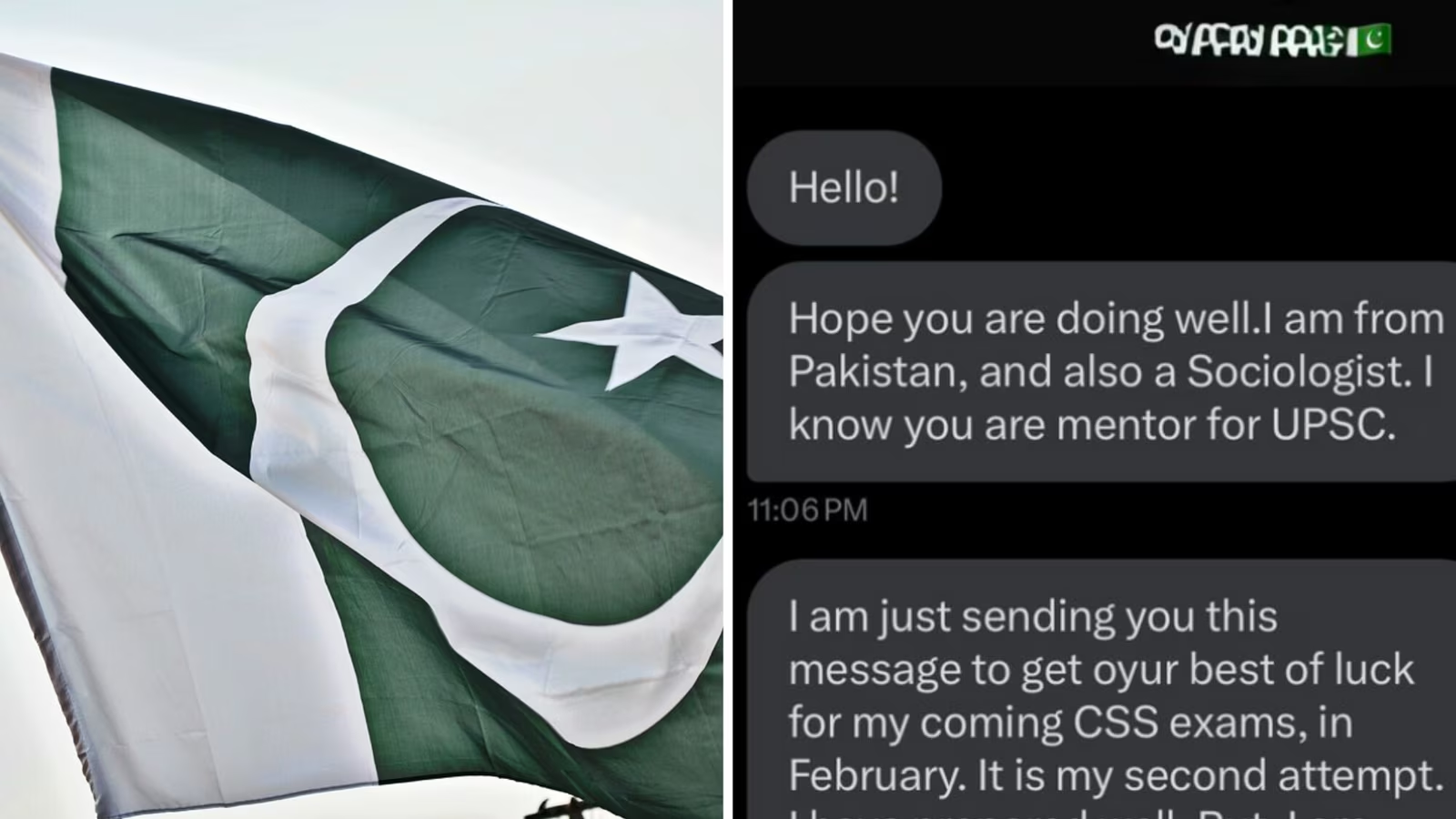
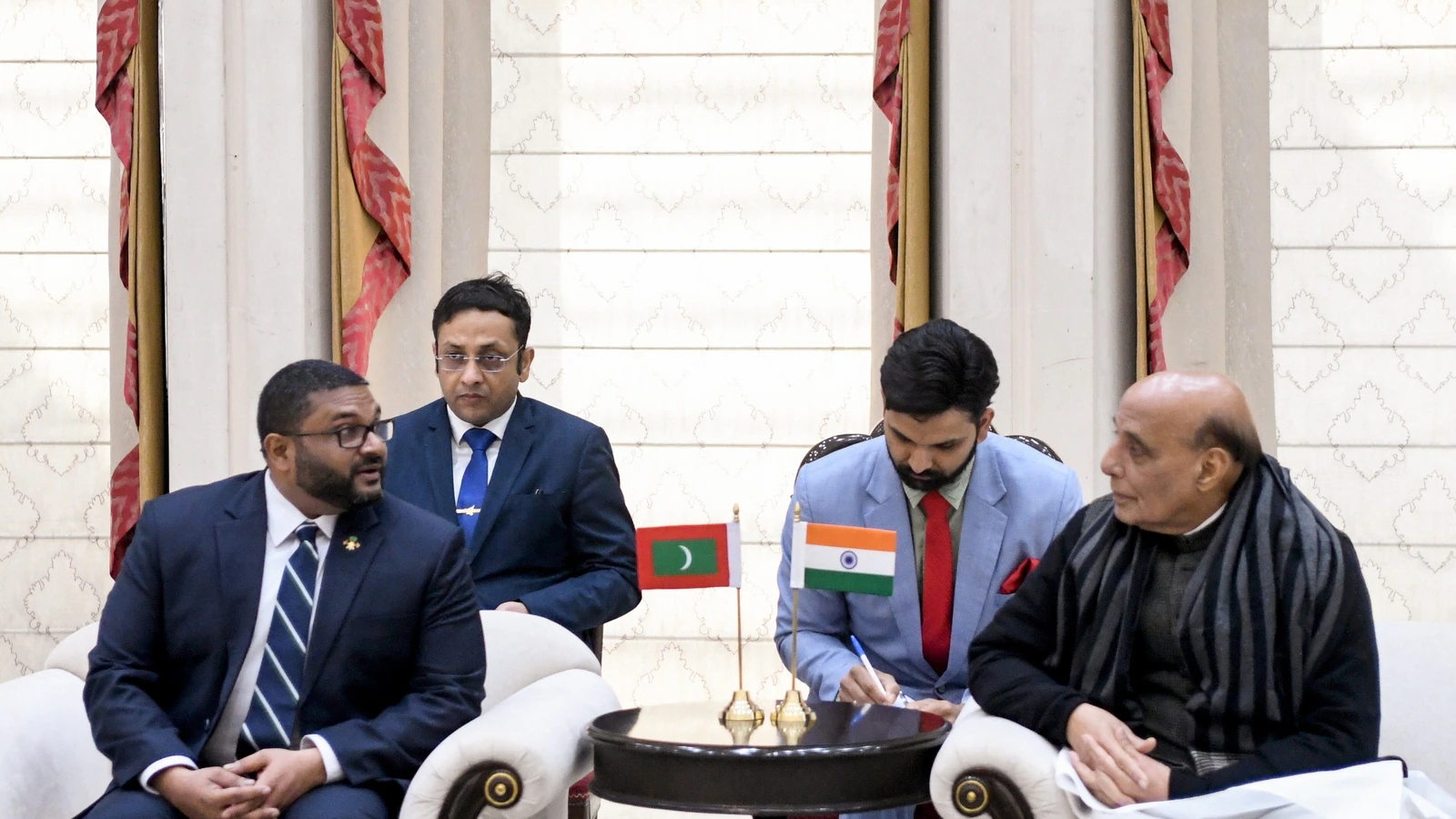

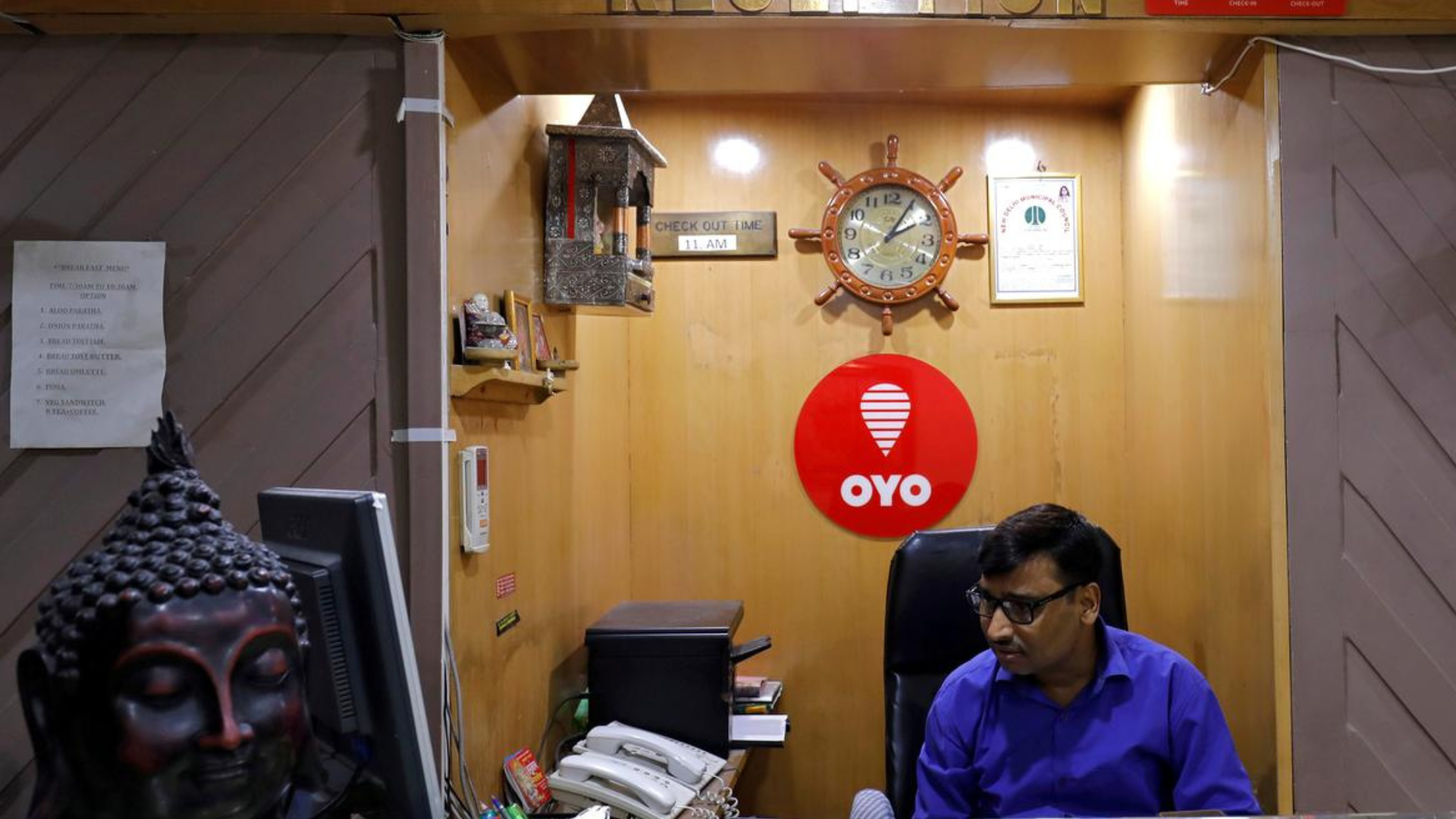
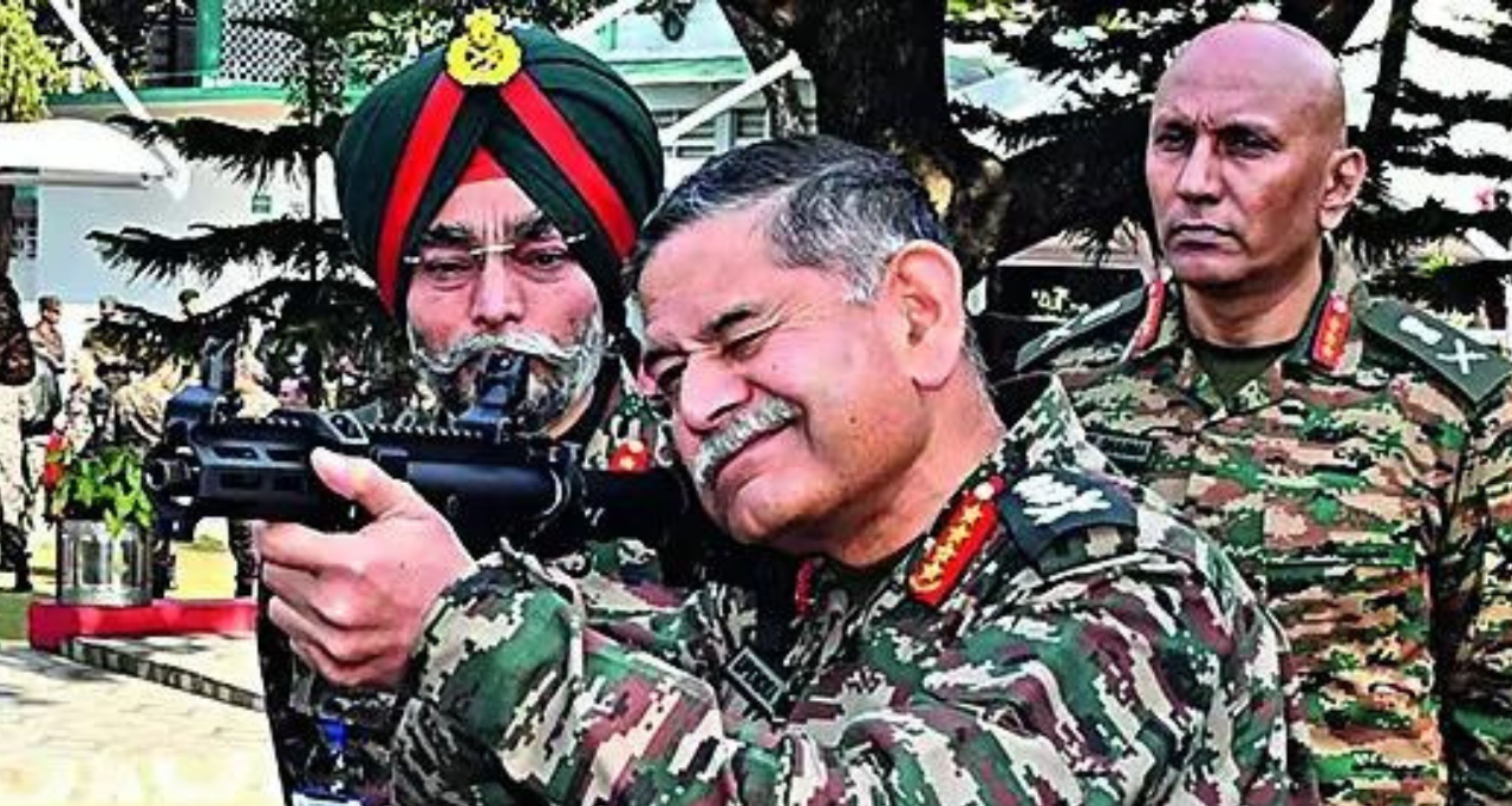
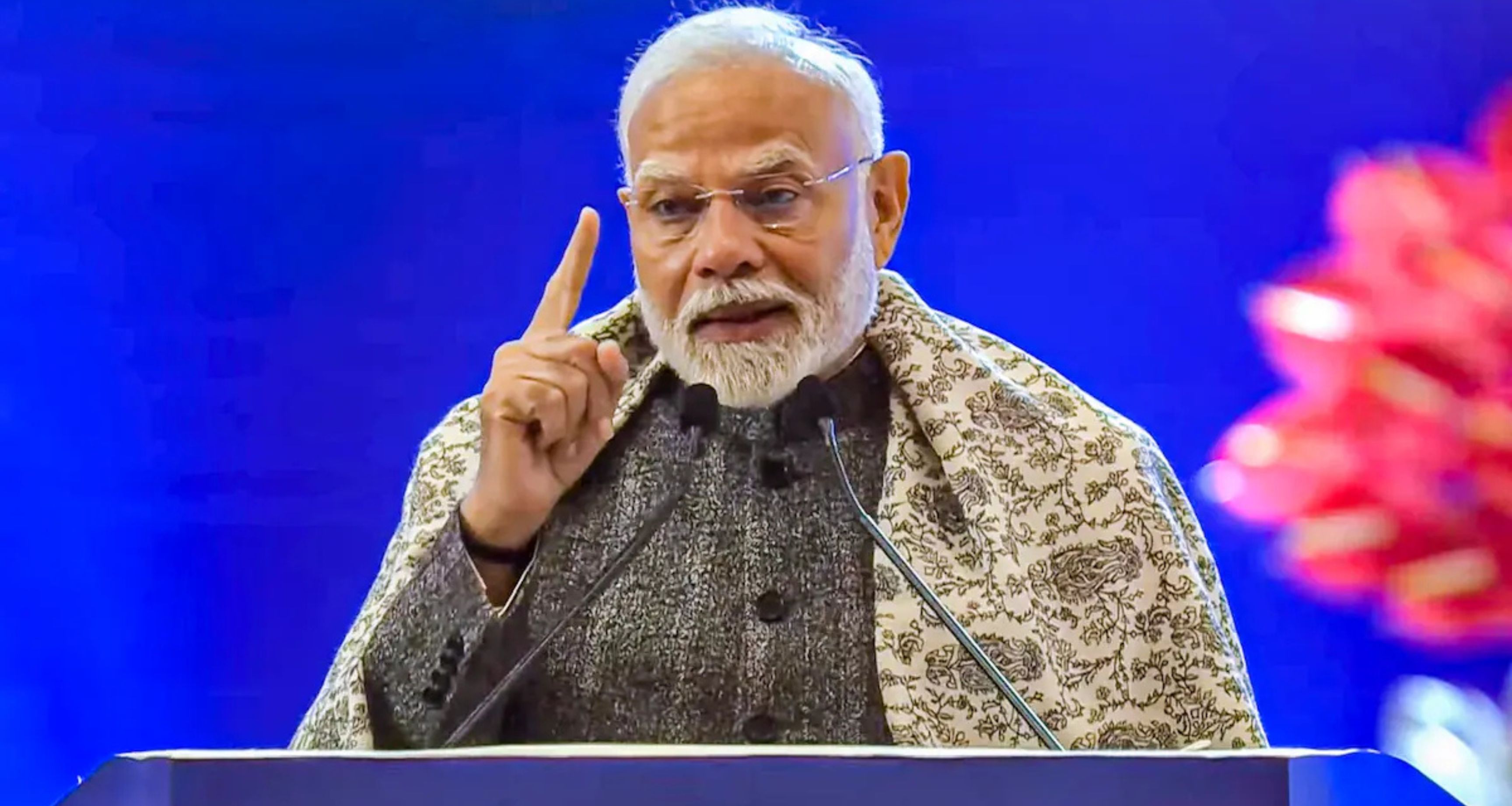
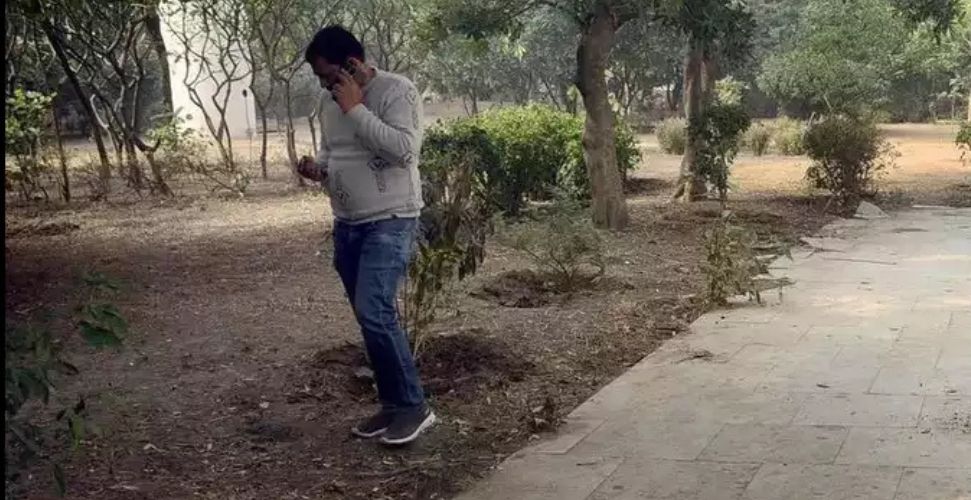

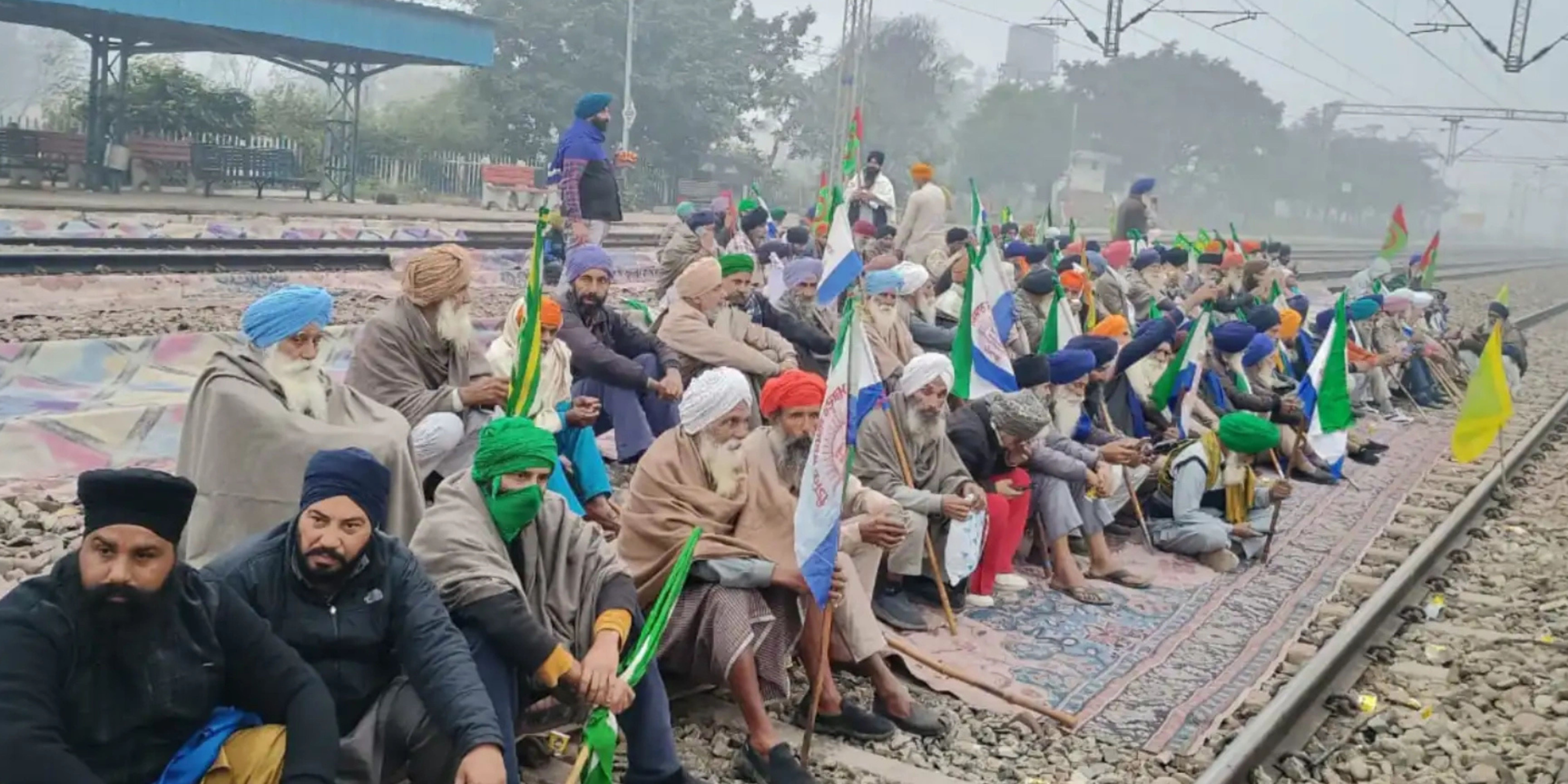
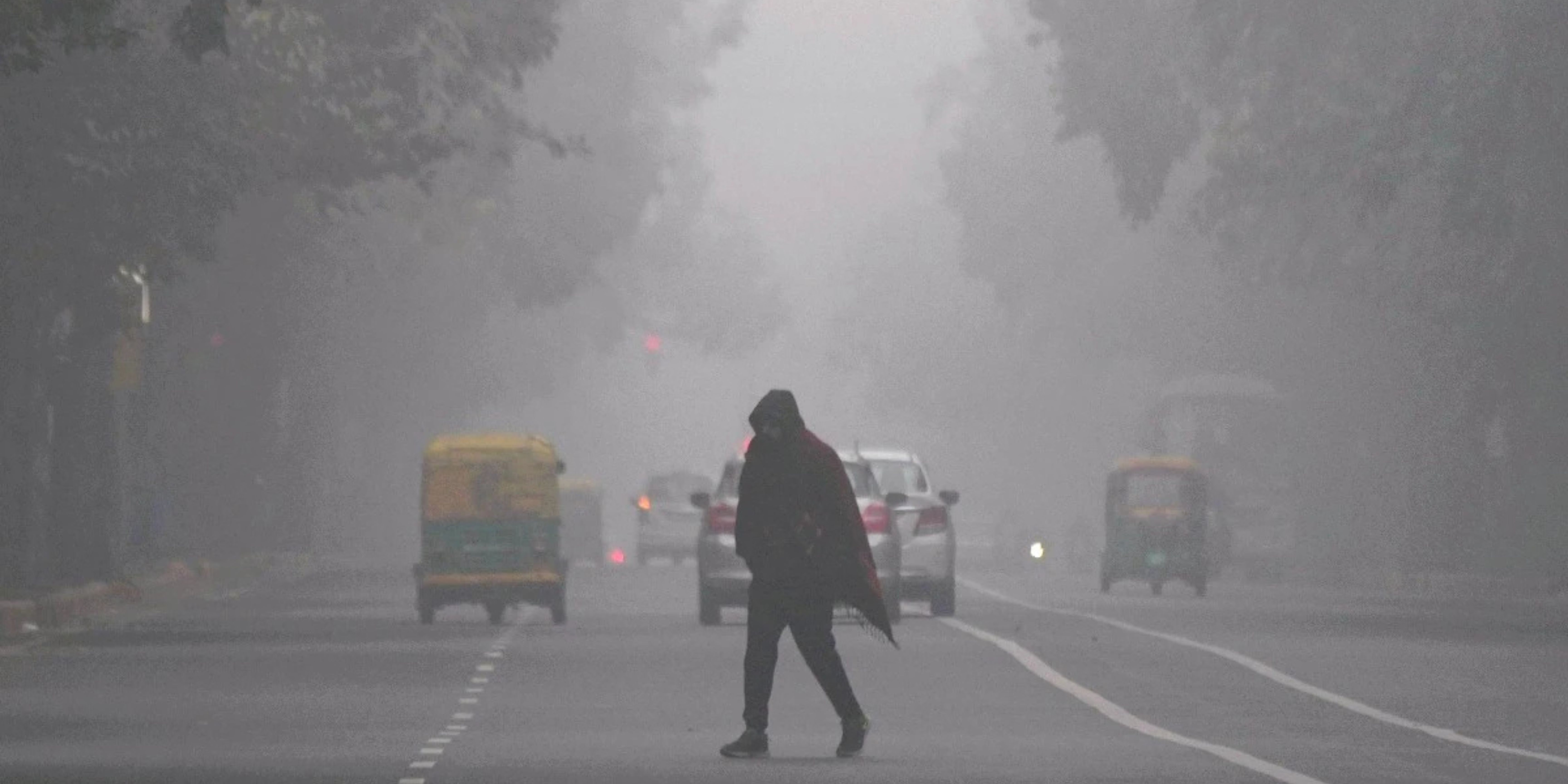



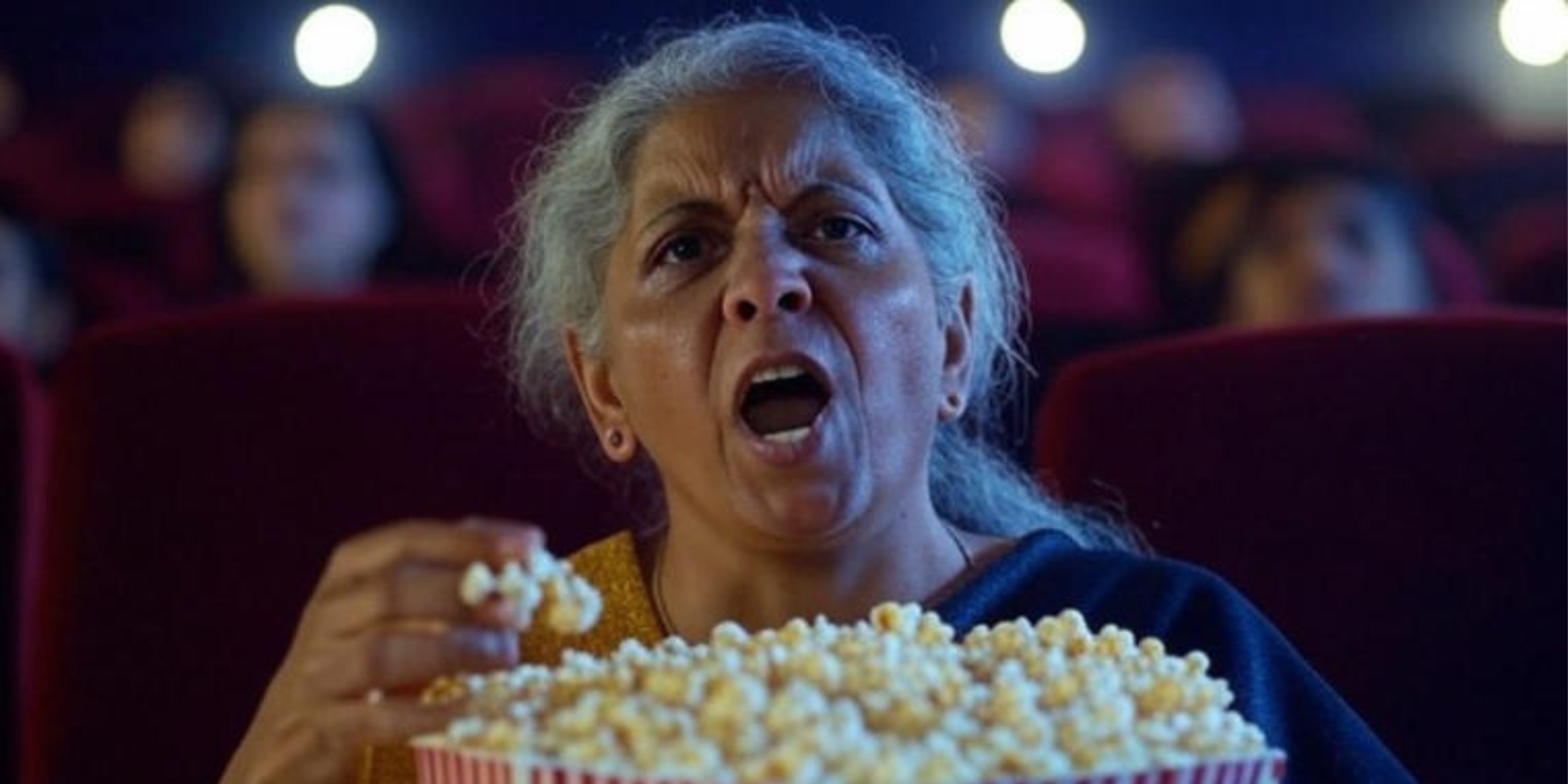
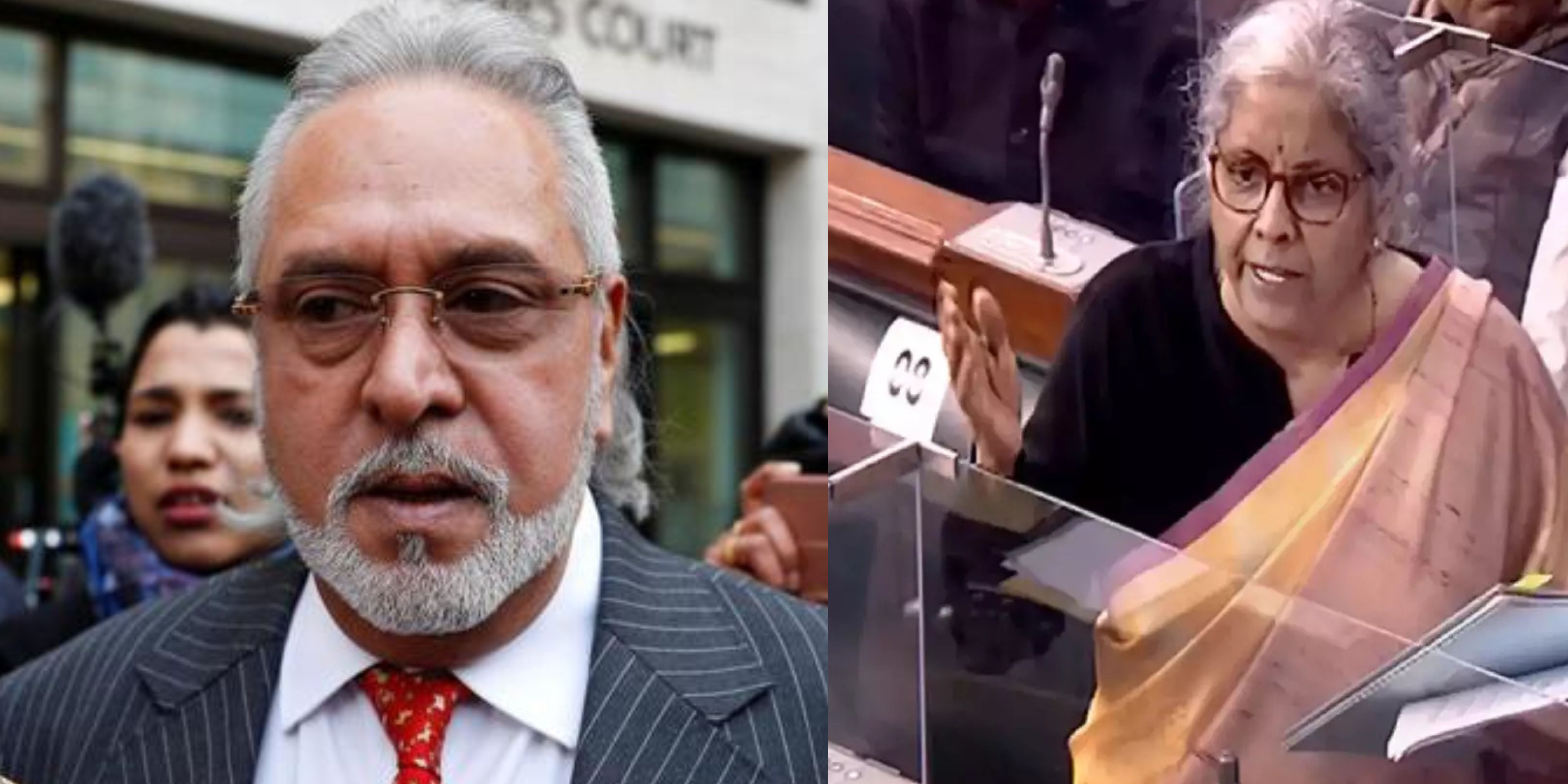

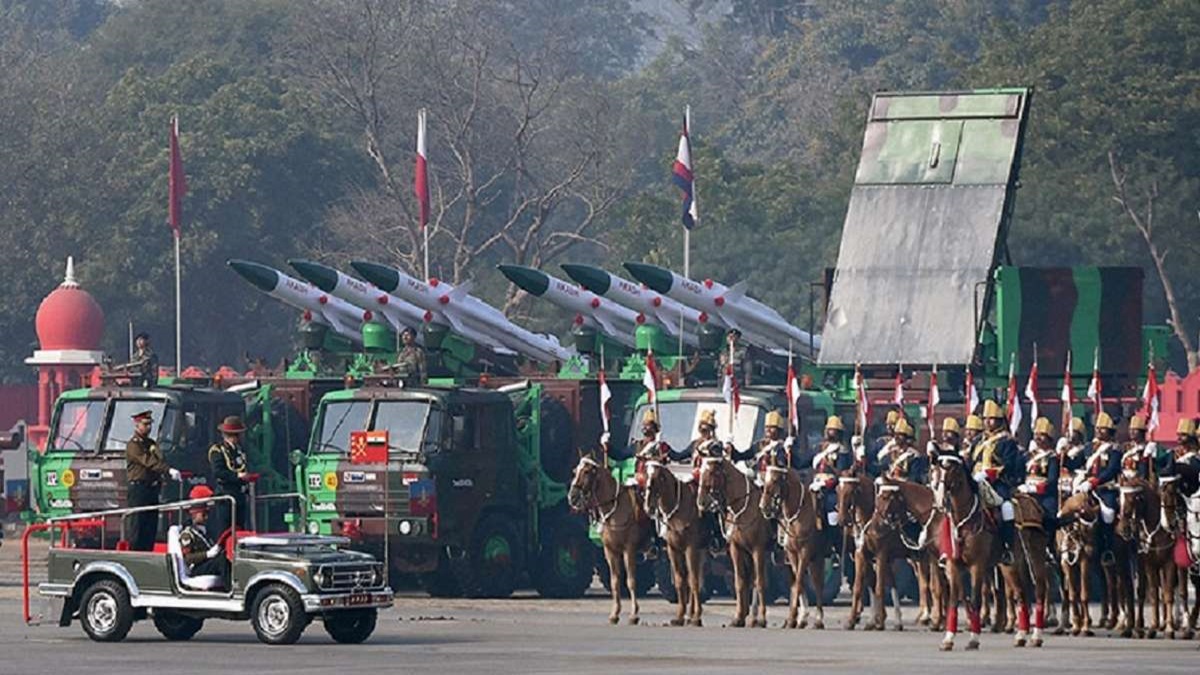

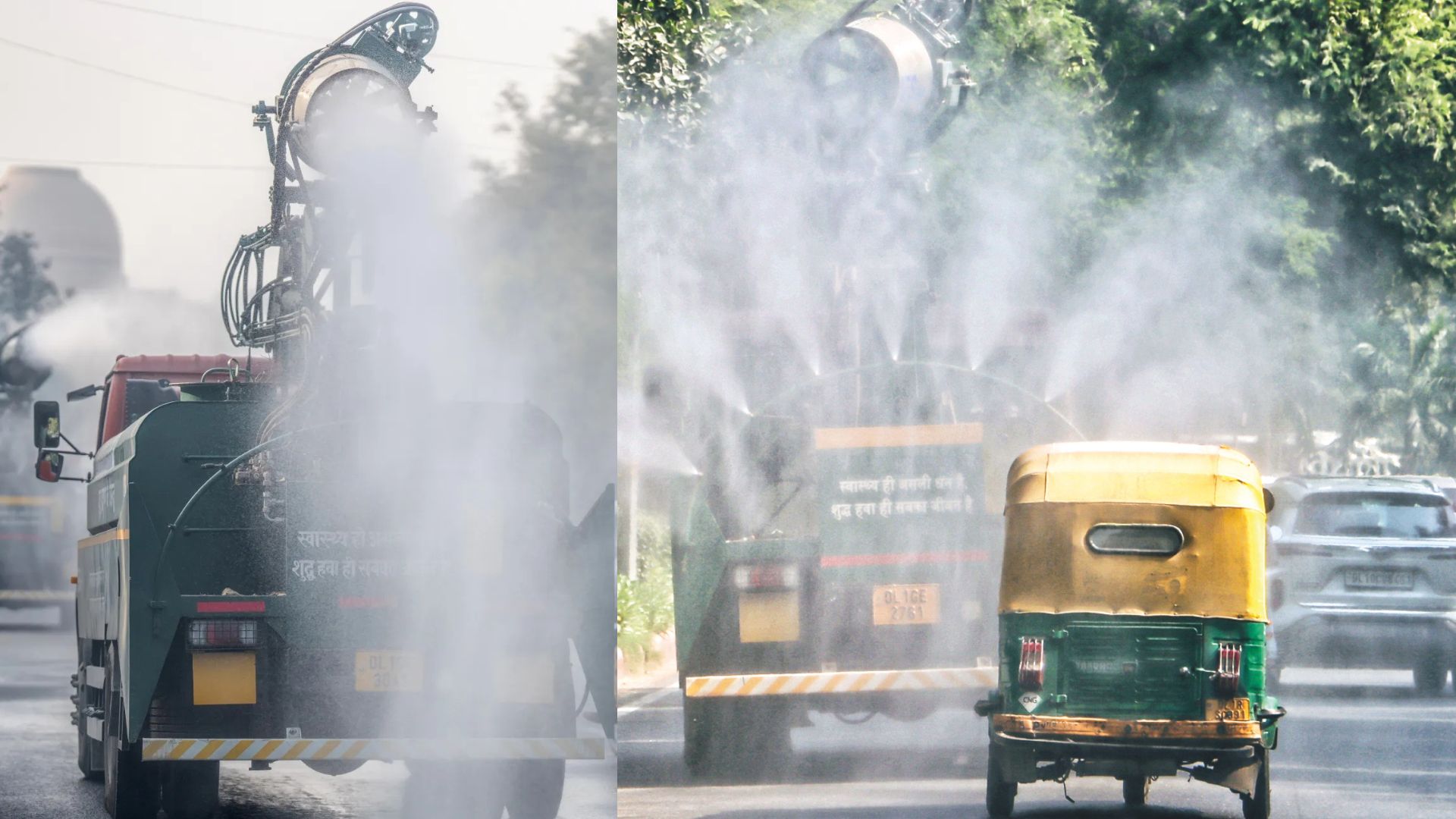
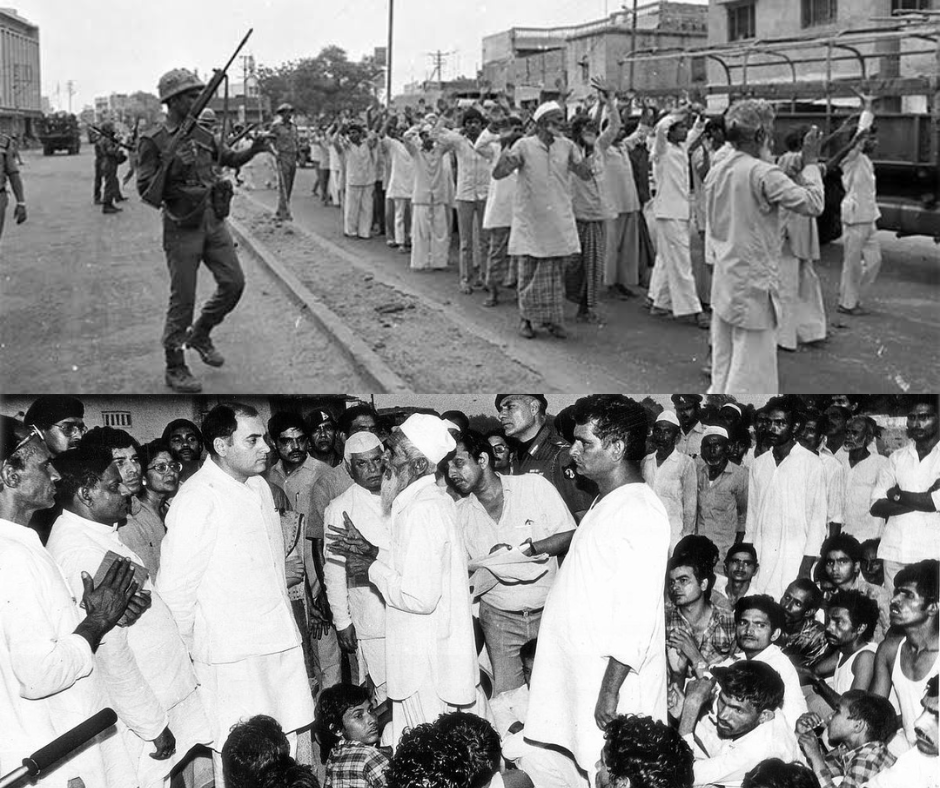
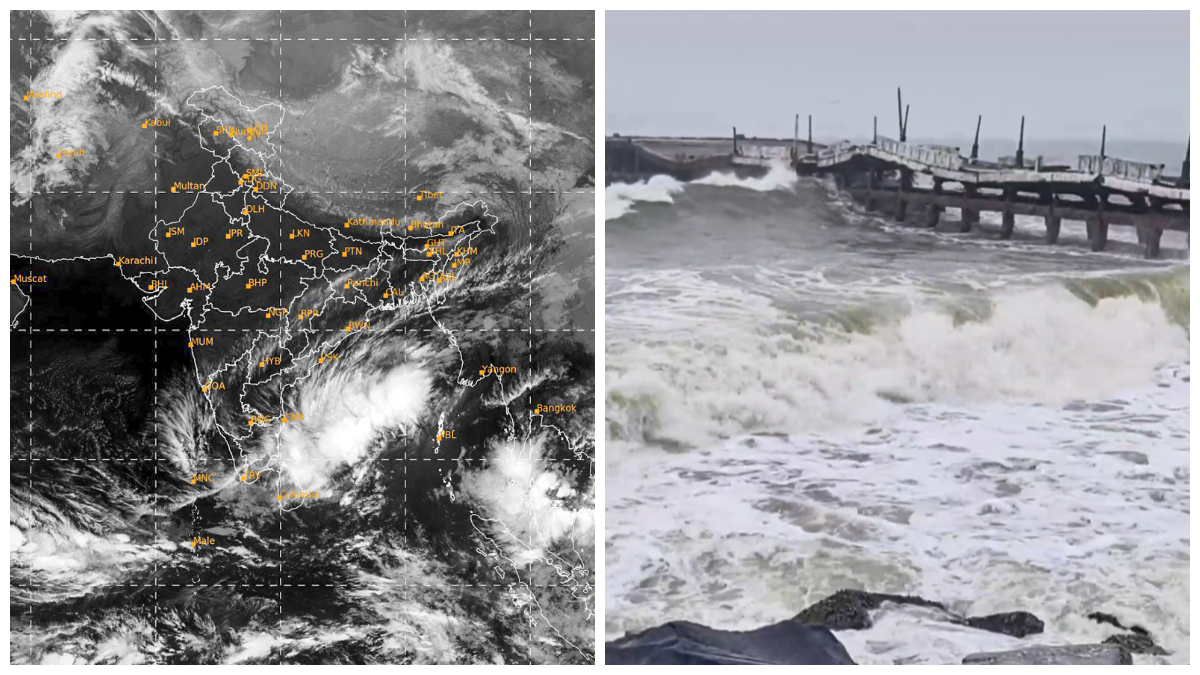

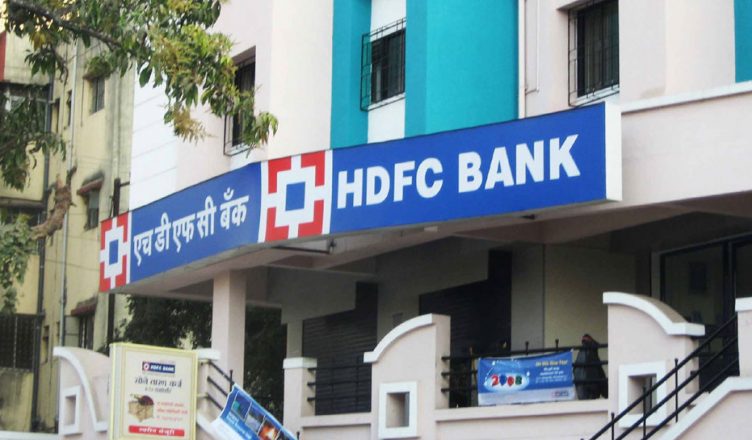

.jfif)
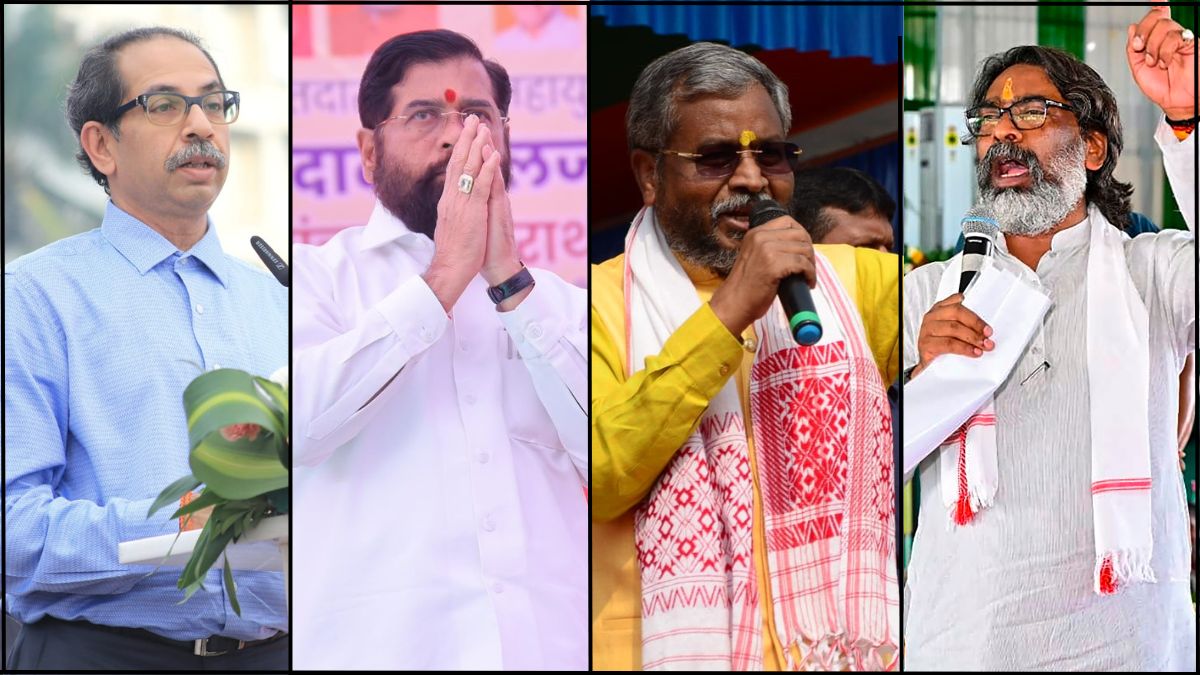
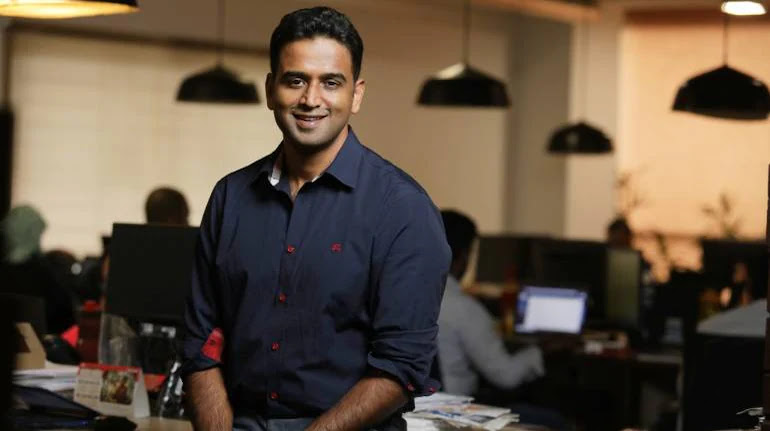

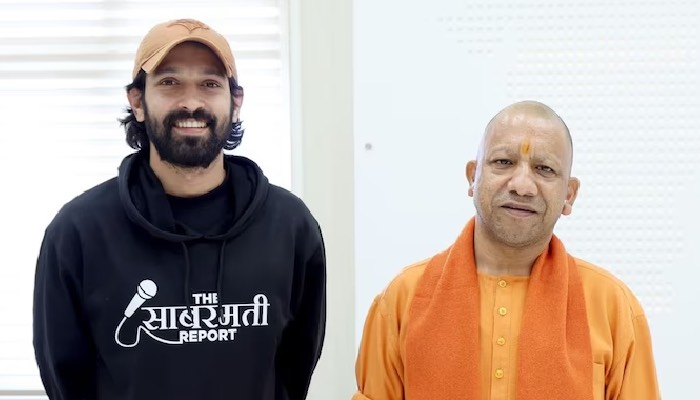
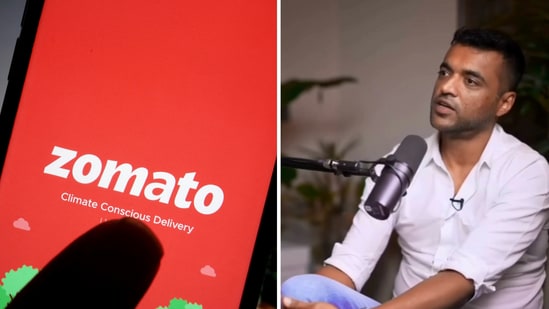
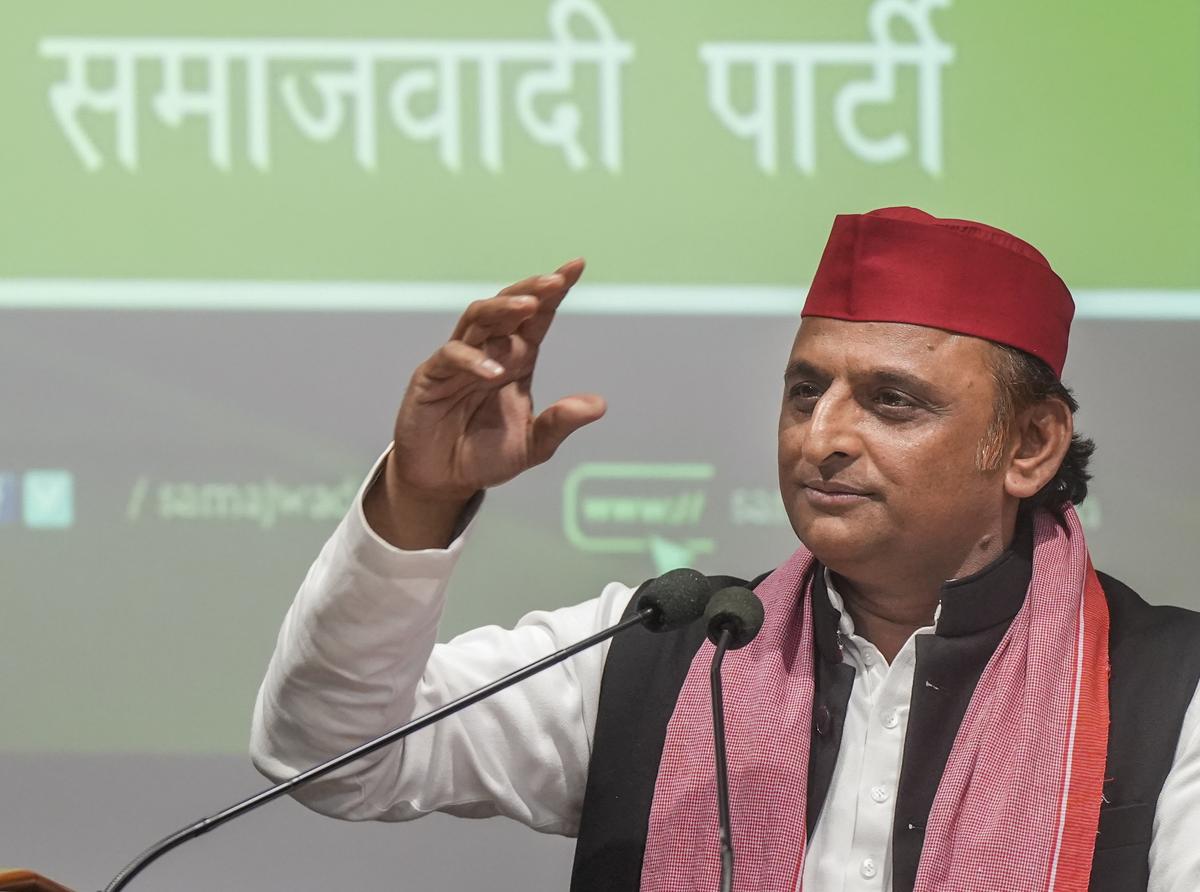

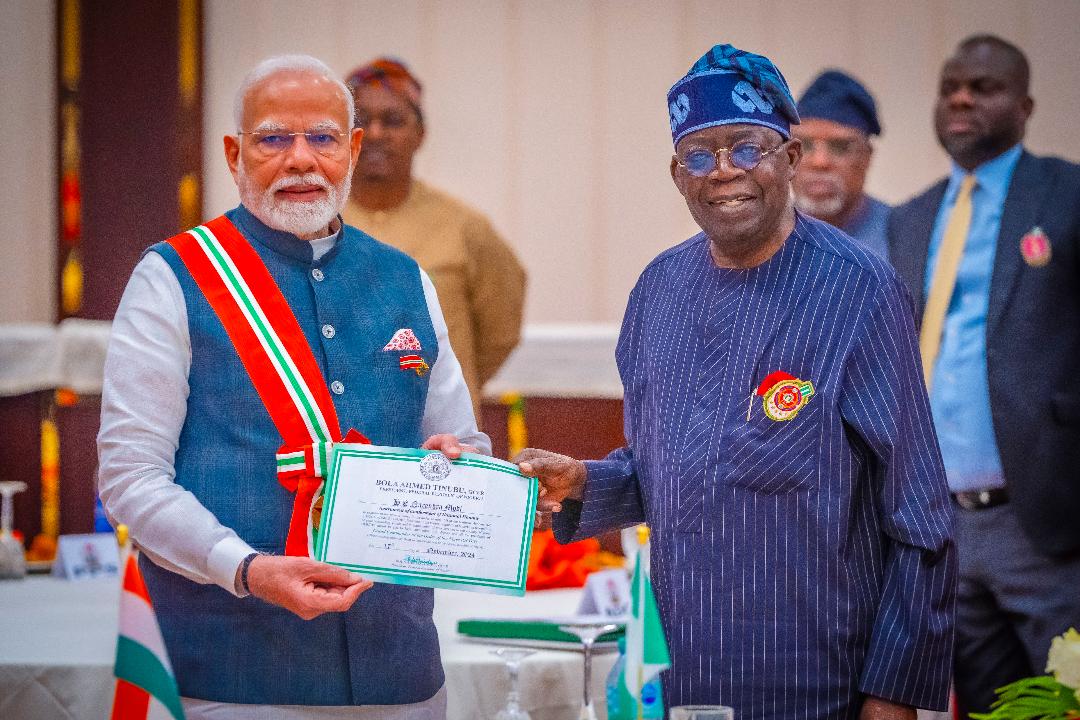

.jpg)



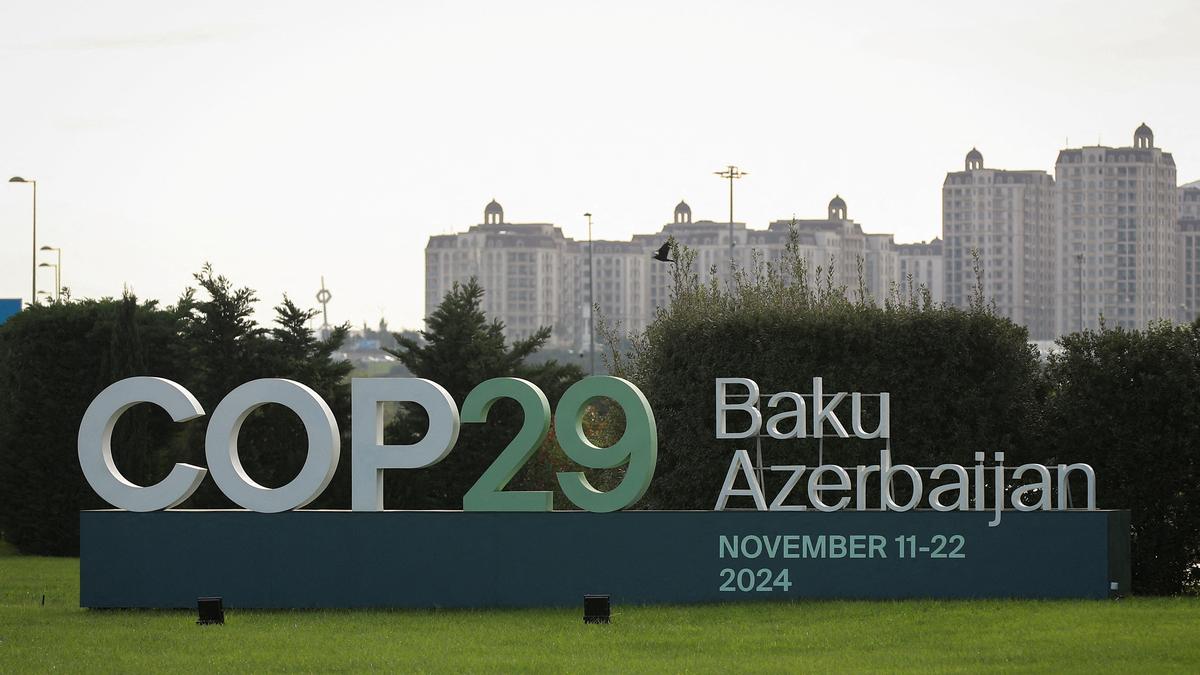

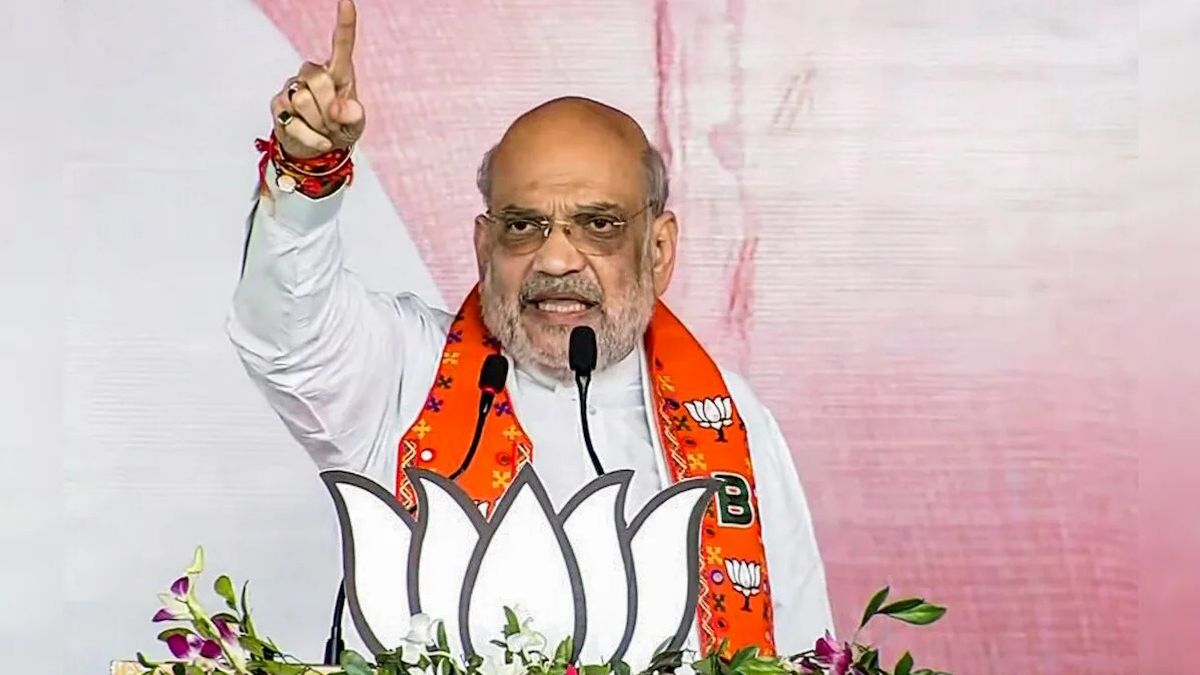
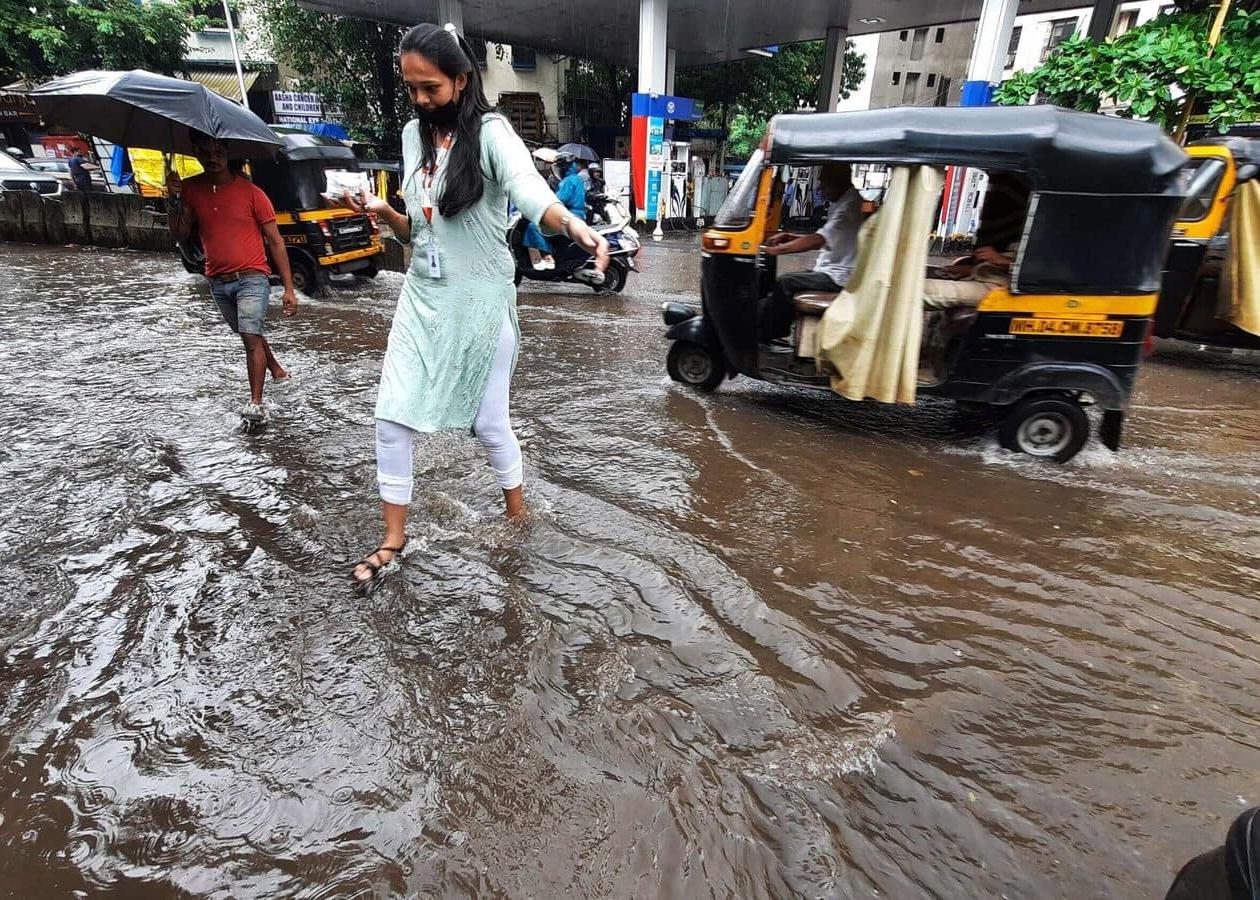
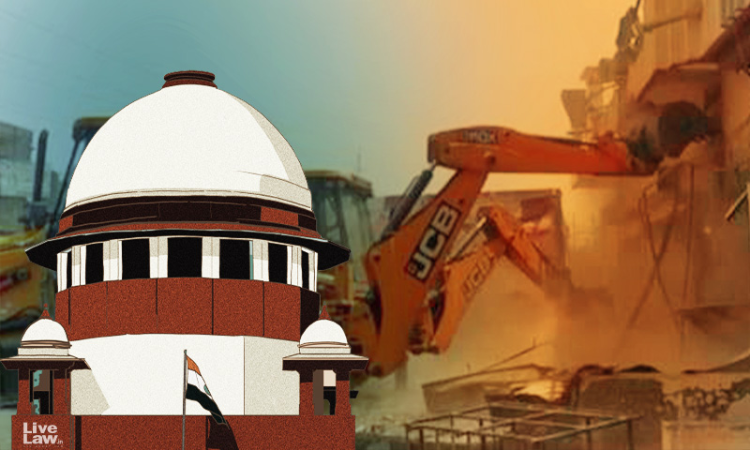
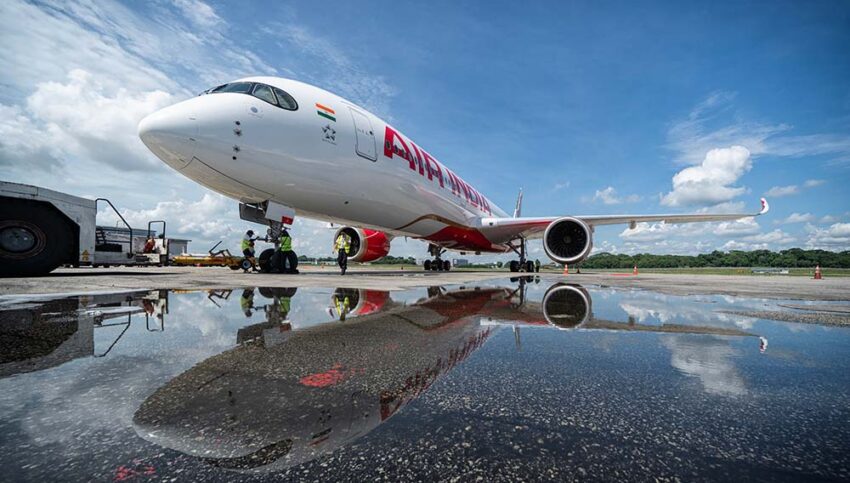
























































































.png)
 (1).png)























